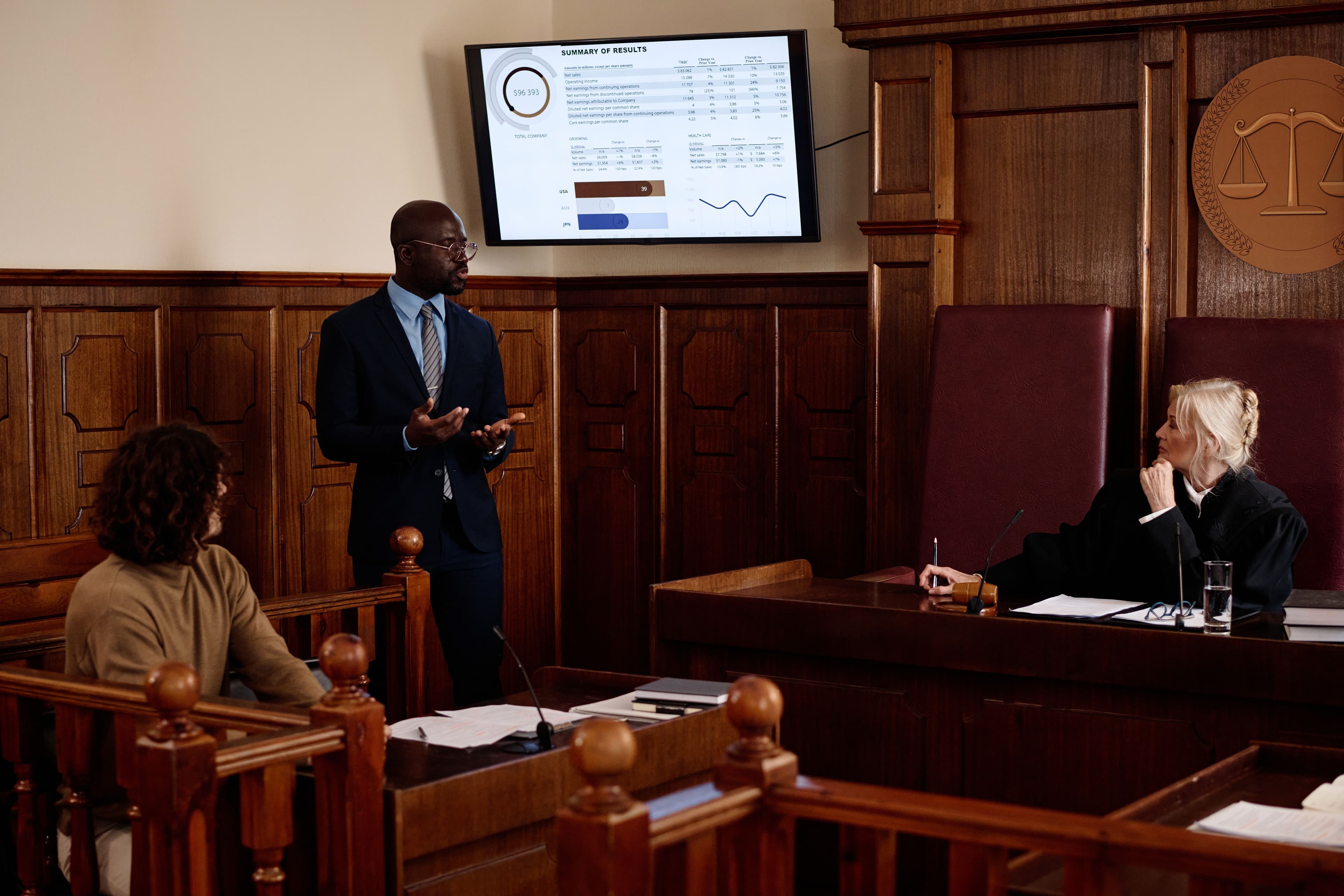
Fighting Drug Cases- Part 2
In drug cases, prosecutors must prove actual possession. Defense strategies can raise reasonable doubt.
In drug cases, prosecutors must prove actual possession. Defense strategies can raise reasonable doubt.
In the preceding blog entry, we discussed challenging the discovery of evidence in drug cases. Here we focus on another method of defense: challenging possession.
To convict someone of drug possession beyond a reasonable doubt, the prosecution must prove two things:
- The substance discovered is unlawful.
- The person charged actually possessed that substance.
The first element is usually handled by submitting the substance to a crime lab for testing. The second—proving possession—is a question of fact for the judge or jury.
For example:
- If drugs are found in a common area of a house with five residents, it may be difficult to prove any one person possessed them.
- If drugs are found in a bedroom, it becomes more likely prosecutors can prove possession.
- If drugs are found in someone’s pocket, proof of possession is strongest.
When defending clients, Harter & Schottland look for evidence that might negate possession and create reasonable doubt.
Of course, this is not an exhaustive list. Many other issues can arise in drug cases that can significantly impact the defense. These are just two examples of how a skilled attorney can challenge the prosecution’s case.
The post Fighting Drug Cases- Part 2 appeared first on Harter & Schottland.
